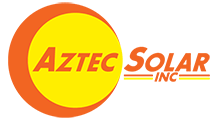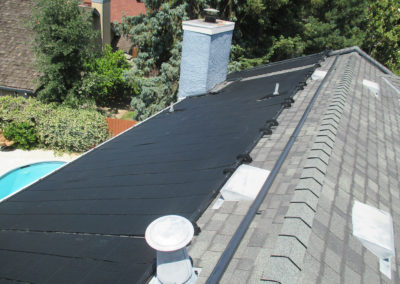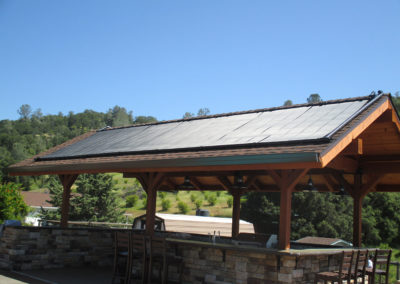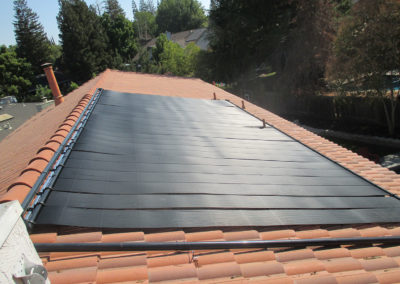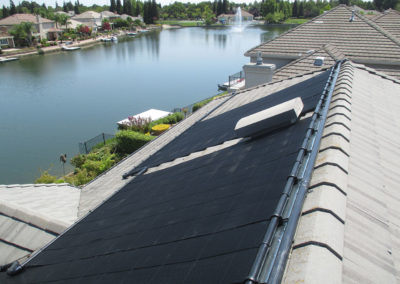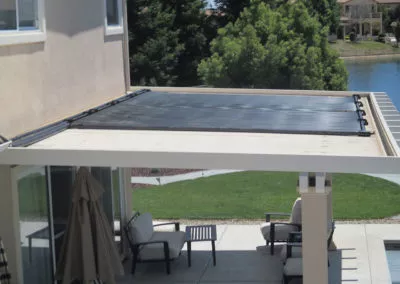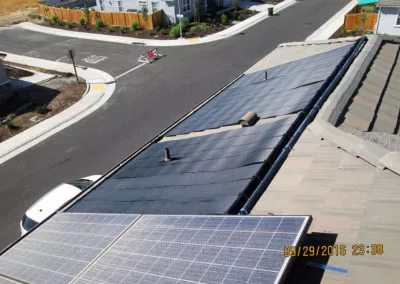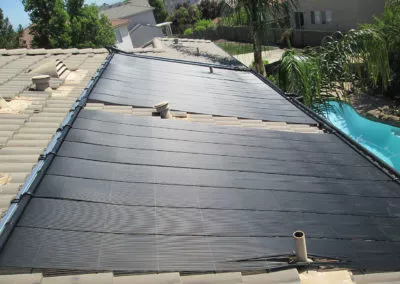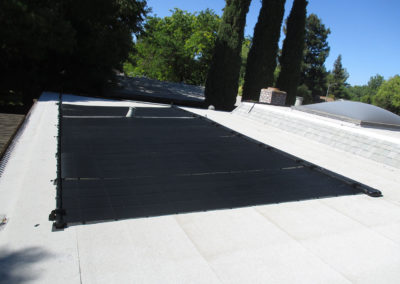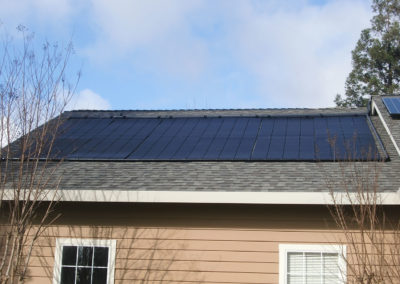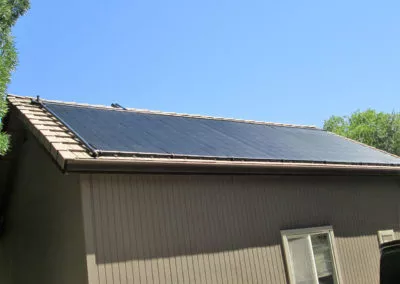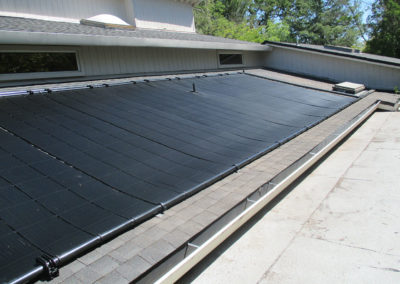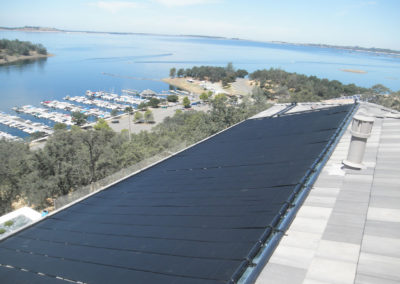Solar Pool Heating in Rocklin, CA
We sell, install, repair, and service solar pool heaters in Rocklin for residential, commercial, and governmental entities.
Solar Pool Heater System Design
Solar Pool Heater Installations
Extend Your Swim Season Today!
Solar Pool Heating Systems in Rocklin
At Aztec Solar, we make it easy for our customers to utilize the power of the sun to heat their pools. With our solar pool heaters you can extend your swim season from mid-April through mid-October (on average). Aztec Solar is offers multiple top quality solar pool heating products and technologies, supported by our knowledgeable solar experts and award winning customer service. All of our solar pool heating systems are sold as turn-key solutions. Our trained and dedicated solar contractors are dedicated team members who bring years of experience to every solar pool heating installation. Each solar installer has been certified by leading solar industry manufacturers and also holds heavy machinery and safety certifications.

